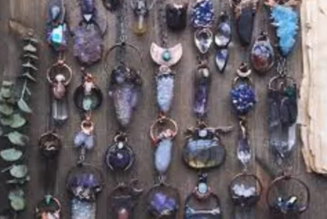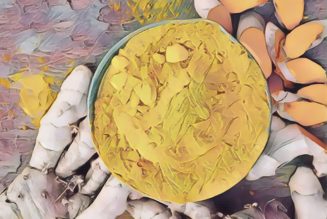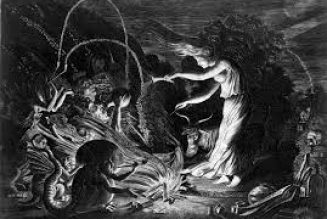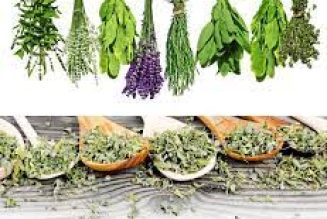True magick is not like a cake in which everybody must vie for a slice or be left with none: it is more akin to a never-emptying pot.
Like the legendary Cauldron of Undry in Celtic myth, the more goodness that is put in, the more the mixture increases in richness and quantity.
The Cauldron of Undry, one of the four main Celtic treasures, provided an endless supply of nourishment, had great healing powers, and could restore the dead to life, in either their former existence or a new life form.
Located on the Isle of Arran, it could be accessed by magical means or through spiritual quests, and many scholars believe it was the inspiration for the Holy Grail.
But when using magick, you should take only as much as you need and perhaps a little more; you should not demand riches, perfect love, eternal beauty, youth, a fabulous job, and a lottery win or two.
So, magick does not provide a help-yourself time in the sweetshop.
The results could be like eating three times more chocolate than you really want and then feeling very sick.
You cannot give the gods or goddesses your shopping list and then sit back and wait for Christmas: the divinity is within you to be kindled, and so you need to demand of yourself far higher standards than someone who believes in the forgiveness of sins.
If you do wrong, you cannot just say sorry to the godhead and carry on without putting right the mistakes or at least learning from them.
Confession may be good for the soul, but magick demands more than that: you’ve got to live with the consequences of your deeds, words and thoughts because the power of a blessing or curse may be even greater on the sender than on the intended recipient.
You must also ensure that you cannot harm anyone in the process of getting what you want.
If you do spells for revenge, then the effects will rebound on you threefold.








